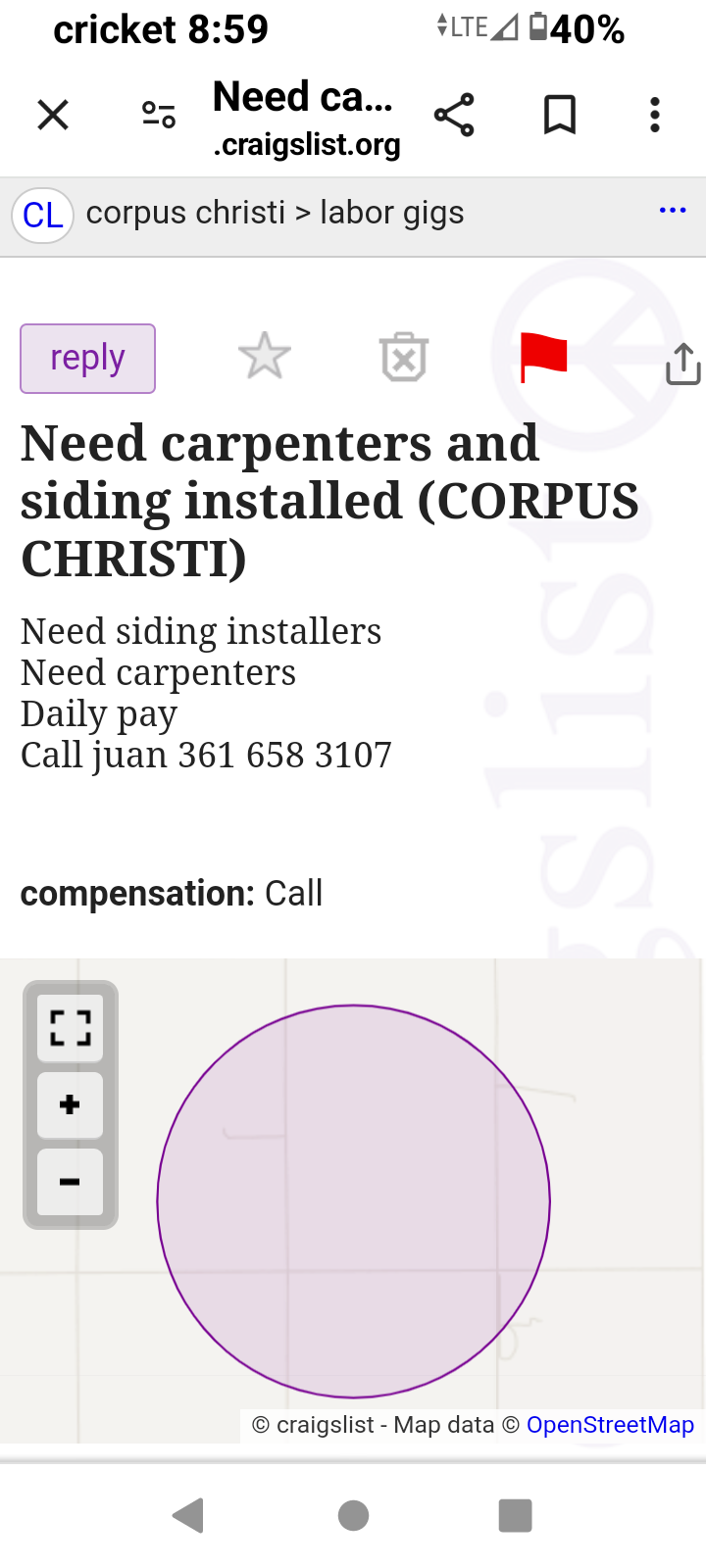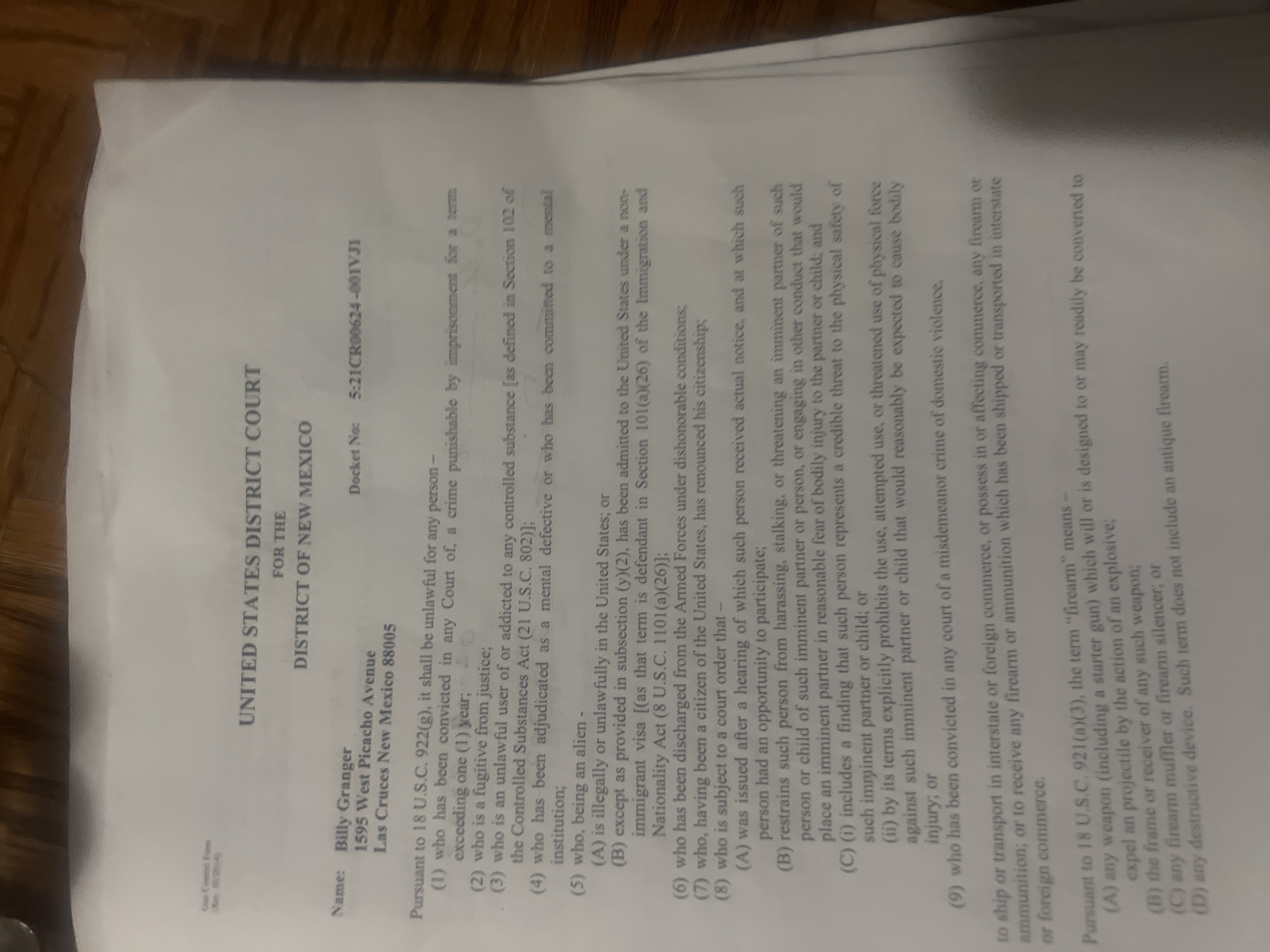- Report: #1480111
Complaint Review: Multiple Listing Service MLS Zillow Trulia -
Multiple Listing Service MLS Zillow Trulia Department of Justice inquiry into anti-competitive practices
Are you a Department of Justice investigator probing anti-competitive practices in real estate? Fantastic. Let’s go to school…
In 1996, Rep. Chris Cox (R-CA) and Rep. Ron Wyden (D-OR) proposed an eleventh-hour addition to Section 230 of the Communication Decency Act of 1996.
"No provider or user of an interactive computer service shall be treated as the publisher or speaker of any information provided by another information content provider…No cause of action may be brought and no liability may be imposed under any state or local law that is inconsistent with this section.”
The Act passed the House and was signed into law. Subsequently, the National Association of Realtors (“NAR”), through its affiliated Multiple Listing Service (“MLS”), used Section 230 as a weapon to achieve its principal business objective:
Provide compensation to realtors by increasing market sales volume, by suppressing prices, and extracting seller equity, by dispossessing sellers of their state land rights.
Of all the predatory business models created by Section 230, this one is the worst of the worst. The play-by-play will help you get the picture.
- The NAR, through its affiliates, writes the agency contract between sellers and their brokers. Neither party to the contract is permitted to modify the contract. The NAR cautions brokers and agents that, if they modify contracts, they might be prosecuted for practicing law without a license. As such, no bargaining occurs.
- The contract includes a tying agreement. AT&T forced its customers to buy hardware from its subsidiary Western Electric. Real estate agents strong-arm sellers into advertising on the MLS. About half will refuse a non-MLS listing. While it’s true that a strong seller will read the riot act to an agent, only 5% are strong. See the opt-out percentage.
- The California contract is devoid of any language that could possibly be construed as evidence of the seller’s intent to grant the MLS a lifetime license to listing data. Still, the MLS takes what it wants after cancellation. It refuses sellers’ demands to delete data. However, you will discover properties where the MLS deleted data as a favor to the listing broker. (A quick test for this is to compare a home’s Realtor.com listing history to its Zillow and Trulia histories. If a data point is present on Zillow/Trulia, but missing on Realtor.com…)
- In luxury markets, $1M+ homes will sit on the MLS for 90 days or more. That’s long enough for Realtor 1 to get fired. When Realtor 2 comes on the scene, he’s likely to refuse the listing if the seller doesn’t reduce price $200k. Think about this. The MLS creates an encumbrance having nothing to do with the property itself. The agent then uses the encumbrance as a bully club. Wealth is extracted from the seller.
5. On the phone, the MLS will hold out as a government agency, lecturing the seller on “ethics rules” and “transparency” while paying zero regard for the seller’s state constitution rights, which are “absolute”. In legal correspondence, and in court, the MLS will call itself a “republisher” having Section 230 protections.
Note that in 2013, the Attorneys General of 47 states sent a letter to Congress requesting that the criminal and civil immunity in Section 230 be removed. After all, the intention of Congress in creating Section 230 was not to give tortfeasors the absolute right to permanently injure victims and preclude any effective remedy under any state’s law.

























